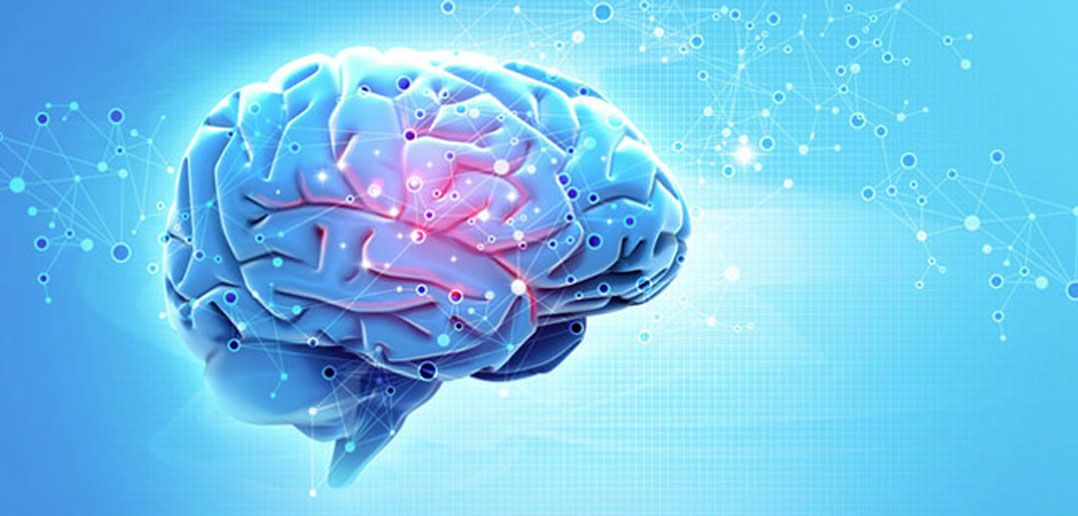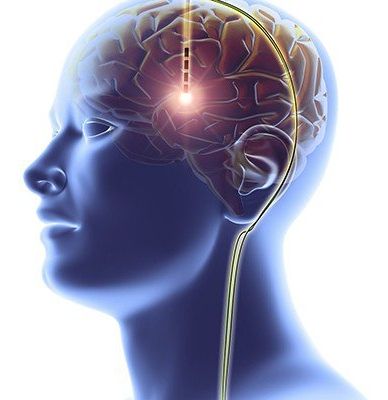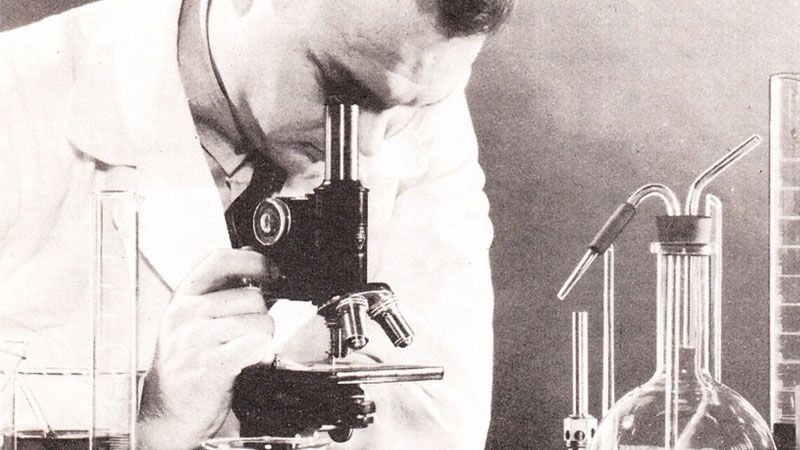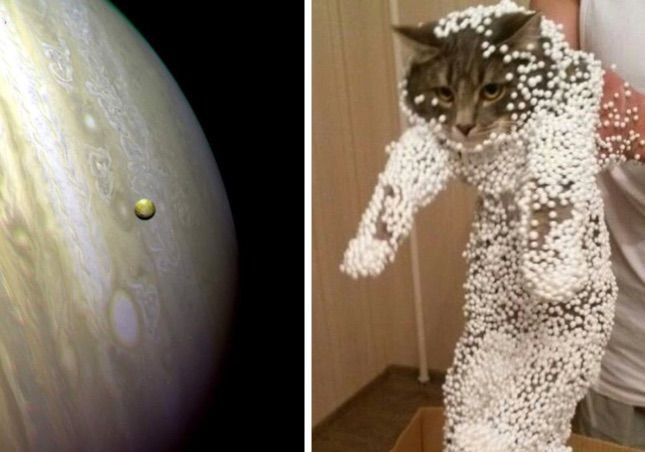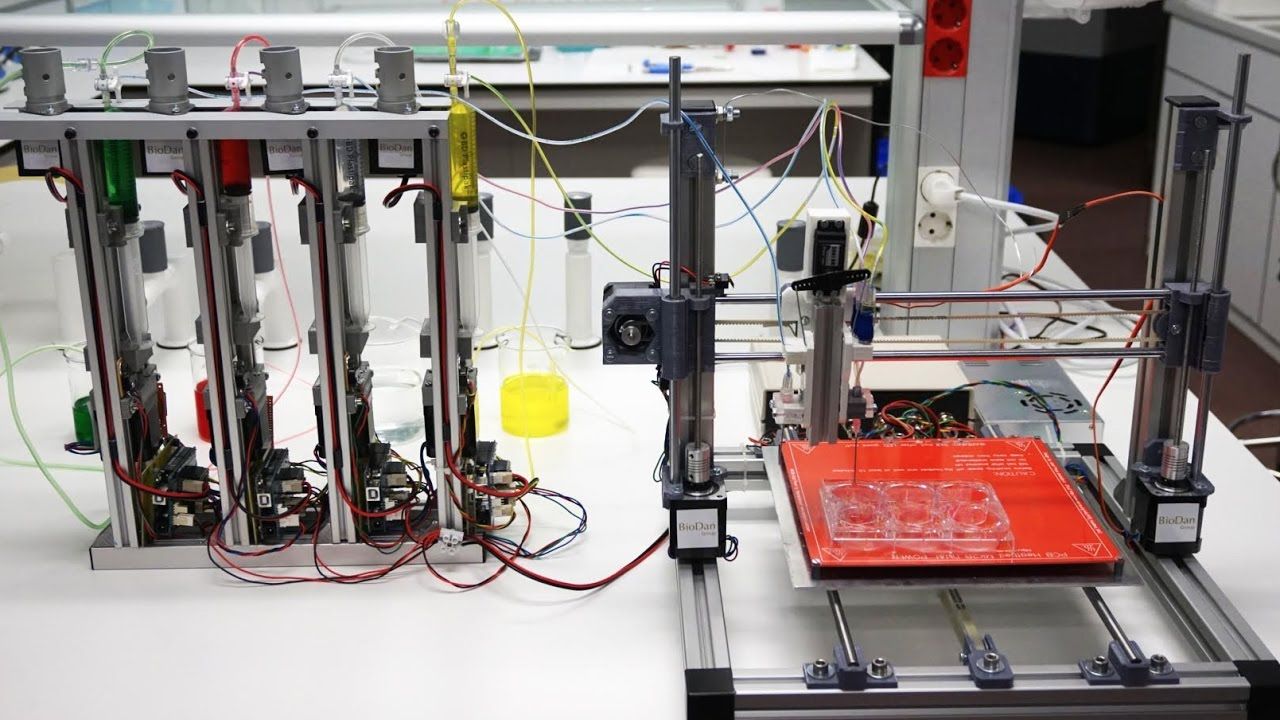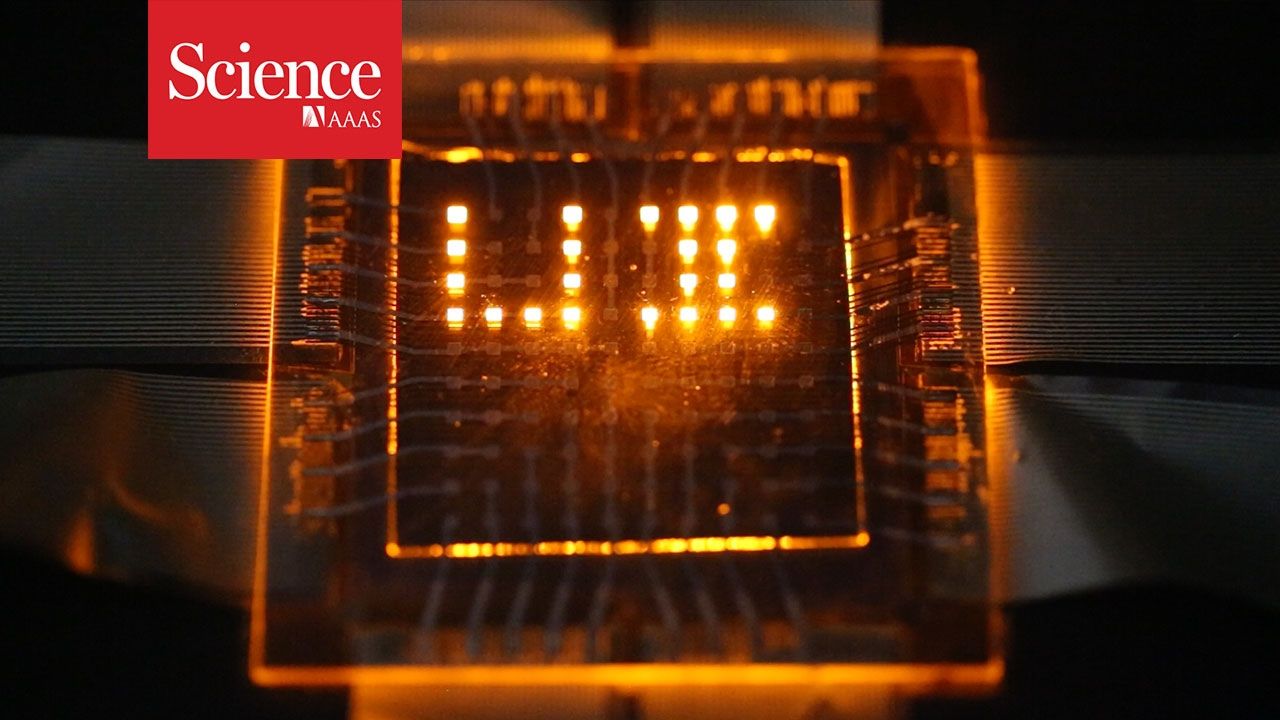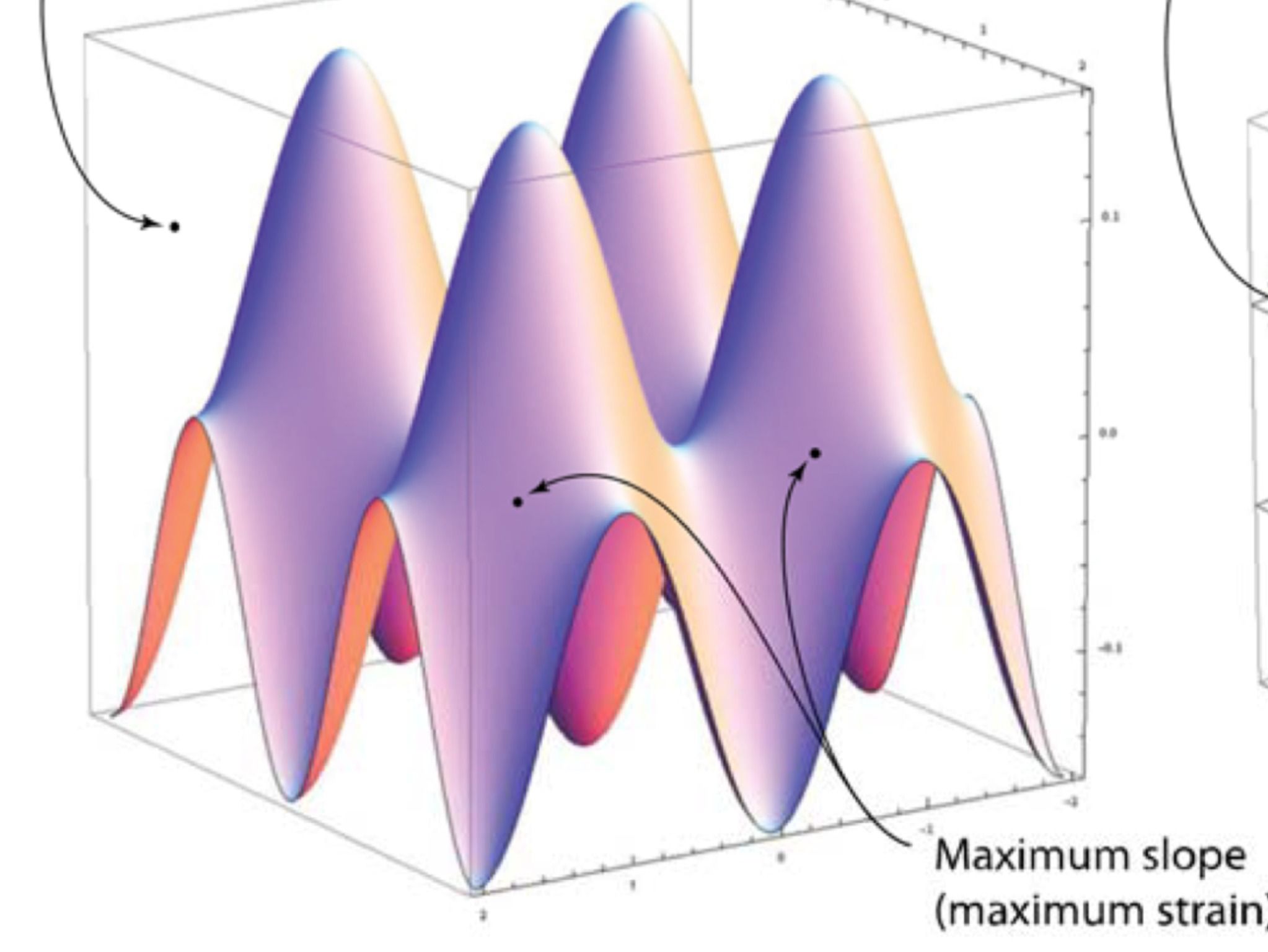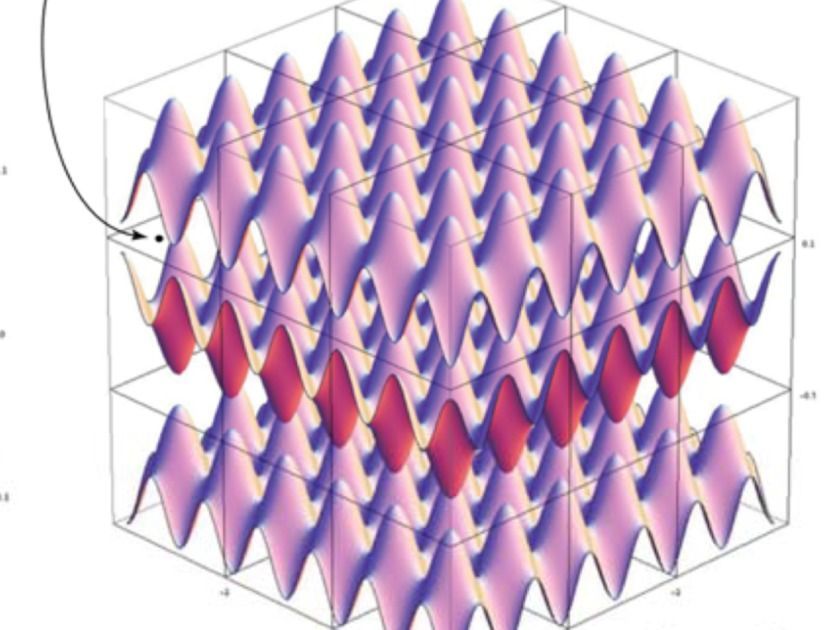Feb 26, 2017
The human brain makes fructose, researchers discover – here’s why that might be a big deal
Posted by Karen Hurst in categories: biotech/medical, food, neuroscience
Researchers at Yale University have discovered that the brain is capable of making fructose – a simple sugar, usually found in fruit, vegetables and honey.
Not all sugars are equal. Glucose is a simple sugar that provides energy for the cells in your body. Fructose has a less important physiological role and has been repeatedly linked to the development of obesity and type 2 diabetes. When there is excess glucose the processes that break it down can become saturated, so the body converts glucose into fructose instead, using a process known as the “polyol pathway”, a chemical reaction involved in diabetic complications. The researchers at Yale reported in the journal, JCI Insight, that the brain uses the polyol pathway to produce fructose in the brain.
